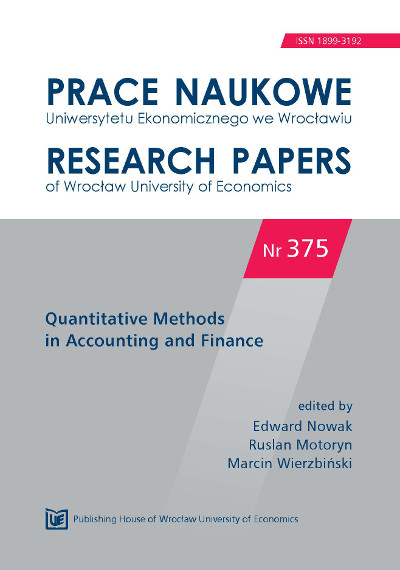Special VAT settlement procedures
Special VAT settlement procedures
Author(s): Michał PoszwaSubject(s): Economy
Published by: Wydawnictwo Uniwersytetu Ekonomicznego we Wrocławiu
Keywords: value added tax; taxation risk; special procedures
Summary/Abstract: The tax on values added to products and services (Value-Added Tax – VAT) is construed in accordance with the general taxation principles, to conform with such taxation postulates as universality, neutrality, multi-stage application, and the prevention of the restrictions and disturbances to competition. To ensure the proper application of those principles, the taxation authorities require the payers to settle their dues based on standard settlement procedures. The standard settlement mechanism involves the deduction of output tax collected at sale from the sum of the input tax on sales, and is used by all VAT payers. However, the tax obligations and other considerations resulting from VAT registration may generate an additional cost and a greater taxation risk for the taxpayer. The cost overhead and the extra risk may prove excessive for some entities, particularly SMEs. For this reason, general VAT rulings allow for the use of special procedures to limit the fiscal load (compliance cost) imposed on the entity. Taxpayers should consider using these procedures only after a careful examination of the potential benefits and costs involved. Those factors can only be analysed in the context of the entity’s present economic condition and business model.
Journal: Prace Naukowe Uniwersytetu Ekonomicznego we Wrocławiu
- Issue Year: 2014
- Issue No: 375
- Page Range: 135-142
- Page Count: 8
- Language: English

